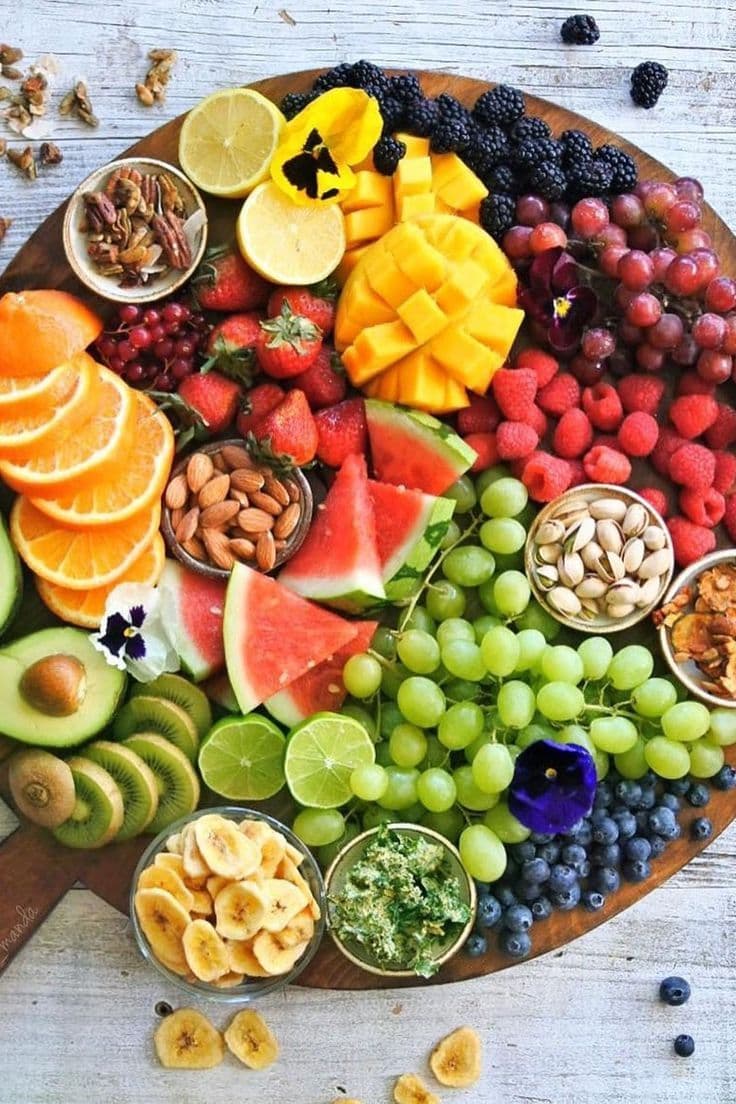
Navigating Pregnancy Nutrition: Healthy Eating Habits
A good pregnancy diet requires many key nutrients in higher amounts that can be met with healthy eating habits and necessary supplements.
Folate and Folic Acids
Folate and folic acid are such nutrients that deserve special attention in pregnancy because their deficiency is associated with Neural tube defects (NTDs) or problems with the developing brain and spinal cord in the fetus. It is a form of vitamin B known to also reduce the risk of premature birth and low birth weight babies. It is richly found in foods like dark green leafy vegetables, citrus fruits, dried beans, peas, and lentils. Around 600 micrograms of folic acid each day is recommended in pregnancy. However, it is hard to get this much from food alone, so your doctor will usually advise a prenatal vitamin starting at least 1 - 3 months before conception until the 3rd month of pregnancy.
Iron
During pregnancy, the body needs double the amount of daily iron intake, to make more blood to provide oxygen to the baby. Iron deficiency anemia in pregnancy can increase the risk of infections, premature birth, and low birth weight. Hence, a prenatal iron supplement along with an iron-rich diet including lentils, kidney beans, dates, lean red meat, fish, raisins, and iron-fortified breakfast cereals helps meet daily requirements. These iron-rich foods must be paired with foods rich in vitamin C such as tomatoes, strawberries, and oranges which help increase iron absorption.
Appreciate the creator